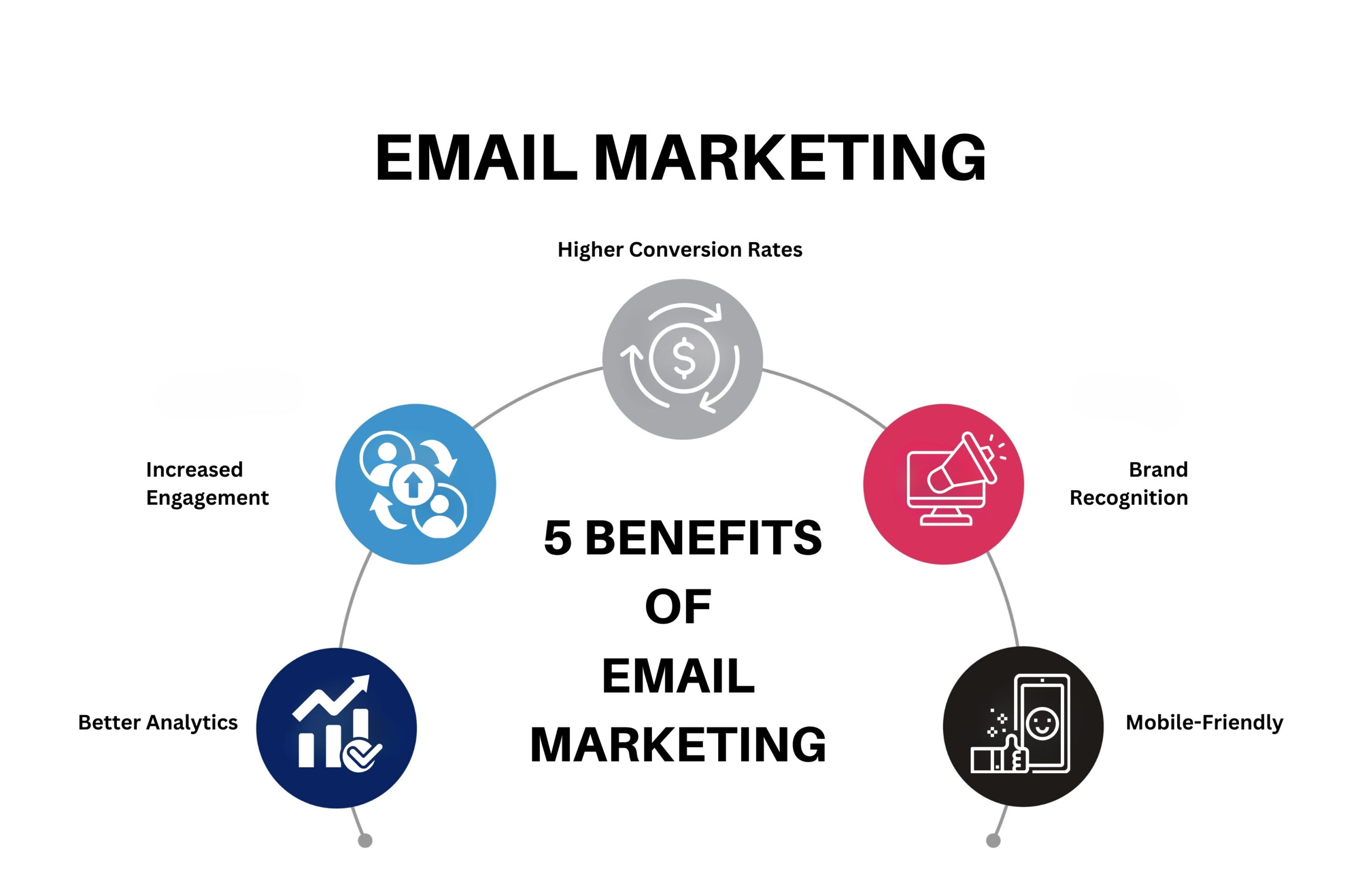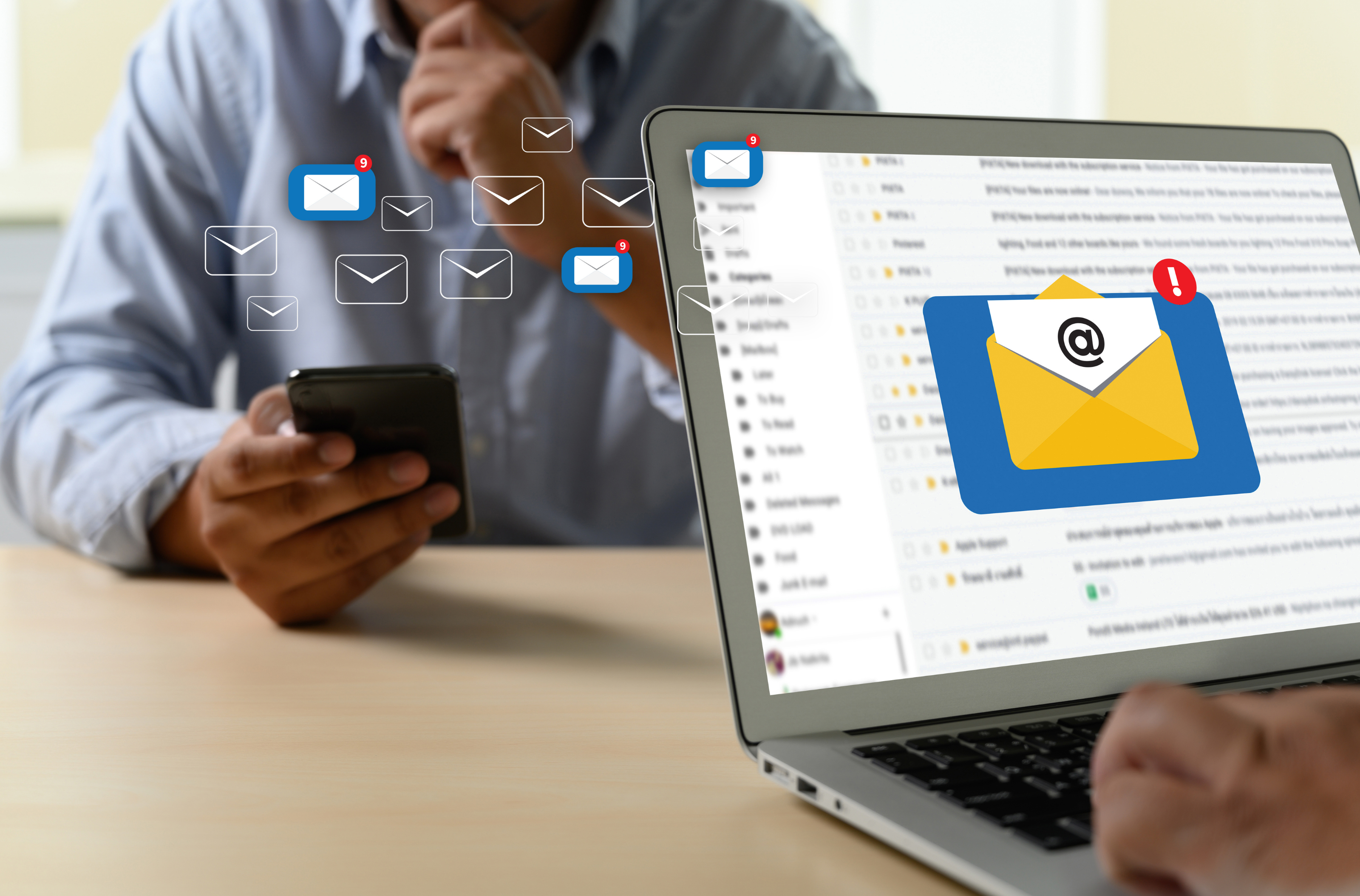Among the various marketing strategies, email marketing remains a steadfast method, but it has transformed significantly over the years. One of the most potent tools in a marketer’s arsenal is personalization, a technique that tailors email content to individual recipients. This blog, delves into the realm of personalization in email marketing, exploring its benefits, strategies, and the ethical considerations that come with it.
Contents
What is Email Personalization In Email Marketing?
Email personalization refers to the practice of customizing the content and elements of an email message to make it more relevant and appealing to the individual recipient. It goes beyond simply addressing the recipient by their first name; email personalization involves tailoring the email’s content, subject line, images, offers, and calls to action based on the recipient’s preferences, behaviors, and characteristics.
Personalization in email marketing is achieved by using data and insights about the recipient, such as their past purchase history, browsing behavior, location, demographic information, and interaction with previous emails. By analyzing this data, marketers can create targeted and highly relevant email campaigns that resonate with the recipient’s interests and needs.
The goal of email personalization is to create a more personalized and engaging experience for the recipient, leading to higher open rates, click-through rates, and conversion rates. It helps build stronger connections between the brand and the recipient, fostering brand loyalty and ultimately driving business growth.

Importance of Email Personalization
Personalization in email marketing involves crafting messages that resonate with each recipient’s preferences, behaviors, and characteristics. This approach goes beyond simply addressing recipients by their first names; it aims to create a unique and relevant experience for each subscriber. The underlying principle is to establish a connection that feels personal, fostering brand loyalty and increasing the likelihood of conversions.
Enhanced Customer Engagement
Personalized emails resonate more deeply with recipients because they feel tailored to their interests and needs. By analyzing customer data, marketers can gain insights into shopping behaviors, browsing history, and past interactions. This data can be leveraged to create targeted content that speaks directly to the recipient’s preferences. For instance, suggesting products related to past purchases or sending recommendations based on their browsing history can greatly enhance engagement.
Increased Conversion Rates
The effectiveness of personalized email marketing becomes evident in the form of higher conversion rates. When recipients receive emails containing products or services they are genuinely interested in, they are more likely to take action. Studies have shown that personalized emails can lead to a substantial increase in click-through rates and conversions. The personalized touch establishes a sense of trust, as the recipient feels that the brand understands their needs.
The Key to Successful Email Marketing Personalization
Segmentation is the cornerstone of effective personalization. By dividing the email list into smaller groups based on common attributes, marketers can create tailored content for each segment. These attributes could include demographics, purchase history, geographic location, and engagement level. Crafting emails for specific segments allows marketers to address individual needs more accurately and foster a deeper connection with the audience.
Dynamic Content and Behavioral Triggers
Dynamic content involves creating emails with sections that change based on recipient attributes. This approach enables marketers to send a single email that adapts to various segments, maintaining a consistent message while showcasing content relevant to each recipient. Behavioral triggers, on the other hand, are automatic responses triggered by a recipient’s actions, such as abandoned carts or browsing specific products. These triggers offer an opportunity to send timely and relevant emails, nudging recipients toward conversion.
Ethical Considerations
While personalization can yield impressive results, it’s crucial to navigate this terrain with ethics in mind. Respecting user privacy and obtaining consent for data usage are paramount. Transparent communication regarding data collection and usage builds trust with customers. Additionally, avoiding excessive personalization that may come across as invasive is essential to maintaining a positive brand image.
Striking the Right Balance
The balance between personalization and intrusion is delicate. Bombarding subscribers with excessively personalized content can lead to irritation and prompt unsubscribes. Marketers should focus on quality over quantity, ensuring that the personalized content aligns with the recipient’s interests and adds value. A well-crafted personalized email should feel like a thoughtful recommendation, rather than an invasive intrusion.
Future Trends in Personalized Email Marketing
As technology continues to evolve, the landscape of personalized email marketing is set to transform further. Artificial intelligence and machine learning algorithms will play a pivotal role in analyzing vast amounts of data to predict consumer behavior and preferences. This will enable marketers to deliver even more accurate and relevant content to their subscribers.
Moreover, interactive elements such as quizzes, polls, and surveys within emails will encourage user engagement and provide valuable insights. Visual and interactive content will become increasingly important in capturing and retaining the recipient’s attention.
Conclusion
In the ever-changing world of digital marketing, personalization stands as a powerful tool to establish genuine connections with customers. The ability to tailor email content based on individual preferences, behaviors, and characteristics creates a more engaging and relevant experience. Enhanced customer engagement, increased conversion rates, and deeper brand loyalty are among the many benefits of this approach.
However, marketers must tread carefully, ensuring ethical data practices and avoiding excessive personalization. By striking the right balance and embracing evolving technologies, businesses can harness the true potential of personalized email marketing to build lasting connections with their audience.


